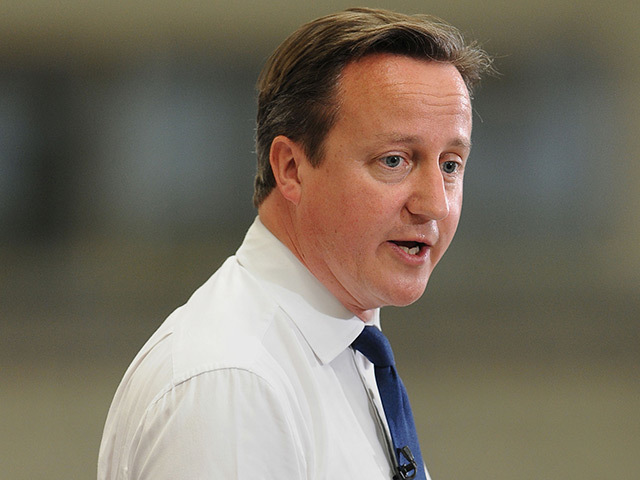
MPs will vote on replacing the ageing submarines carrying the Trident nuclear missiles on July 18, David Cameron has announced.
Labour leader Jeremy Corbyn is opposed to nuclear weapons and the Commons vote could prove a further blow to his authority in the party if his backbenchers support the renewal programme.
The Prime Minister, speaking at the Nato summit in Warsaw, said the Parliamentary vote would confirm support for the replacement of the full fleet of four submarines.
“The nuclear deterrent remains essential, in my view, not just to Britain’s security but, as our allies have acknowledged here today, to the overall security of the Nato alliance,” he said.
Labour’s defence review will leave open the option of retaining the UK’s nuclear deterrent despite Jeremy Corbyn’s support for unilateral disarmament, according to reports.
The review is expected to set five tests for the UK’s continued status as a nuclear power, including whether it makes a “demonstrable contribution” to the defence of the country and if it represents value for money.
A Commons vote on pushing ahead with the programme to replace the ageing Vanguard submarines which carry the Trident missiles is expected to be held before the summer recess, potentially driving a further wedge between Mr Corbyn and his backbenchers.
The BBC’s Newsnight programme reported the draft conclusions from the review had been accepted by Mr Corbyn and could be considered formally at the party’s conference in September – after the expected Commons vote on the issue.
The document is reported to include five key tests a future Labour government would have to evaluate before deciding whether to continue to support the use of nuclear weapons.
As well as asking whether it provides a “demonstrable contribution” to the defence of the UK and whether it represents value for money, Labour would also have to consider the impact on jobs and regional development, whether it would contribute to the party’s support for multilateral disarmament, and whether the deterrent would stand the test of time in the face of new technology.
Newsnight said Mr Corbyn believes the report could provide a middle way between unilateral disarmament and maintaining a full-scale nuclear weapons system.
A Labour Party spokesman said: “The defence review is a continuing project looking at what is best for Britain. It will report in due course. As people would expect, we are assessing the impact of Brexit and the Chilcot Report as we consider the detail of our policy response. Ultimately it will be for the party members to decide Labour’s policy programme.”
With just eight weeks left in office, Mr Cameron rejected suggestions that he should have left the vote to his successor to announce.
“It is a manifesto pledge to have a fully fledged deterrent, to replace all four submarines. We need to get on with that,” he said.
“We need certainty about it so the investment decisions can go ahead so I think it makes sense to hold this vote, to hold this vote now to put it beyond doubt.”
The announcement came amid reports that Labour’s defence review will leave open the option of retaining the UK’s nuclear deterrent despite Mr Corbyn’s lifelong support for unilateral disarmament.
The review is expected to set five tests for the UK’s continued status as a nuclear power, including whether it makes a “demonstrable contribution” to the defence of the country and if it represents value for money.
The BBC’s Newsnight programme reported the draft conclusions from the review had been accepted by Mr Corbyn and could be considered formally at the party’s conference in September – after the Commons vote on the issue.
Under the proposals, Labour would also have to consider the impact on jobs and regional development, whether it would contribute to the party’s support for multilateral disarmament, and whether the deterrent would stand the test of time in the face of new technology.
Mr Corbyn was said to believe the report could provide a middle way between unilateral disarmament and maintaining a full-scale nuclear weapons system.
A Labour Party spokesman said: “The defence review is a continuing project looking at what is best for Britain. It will report in due course.
“As people would expect, we are assessing the impact of Brexit and the Chilcot Report as we consider the detail of our policy response. Ultimately it will be for the party members to decide Labour’s policy programme.”
Recommended for you
